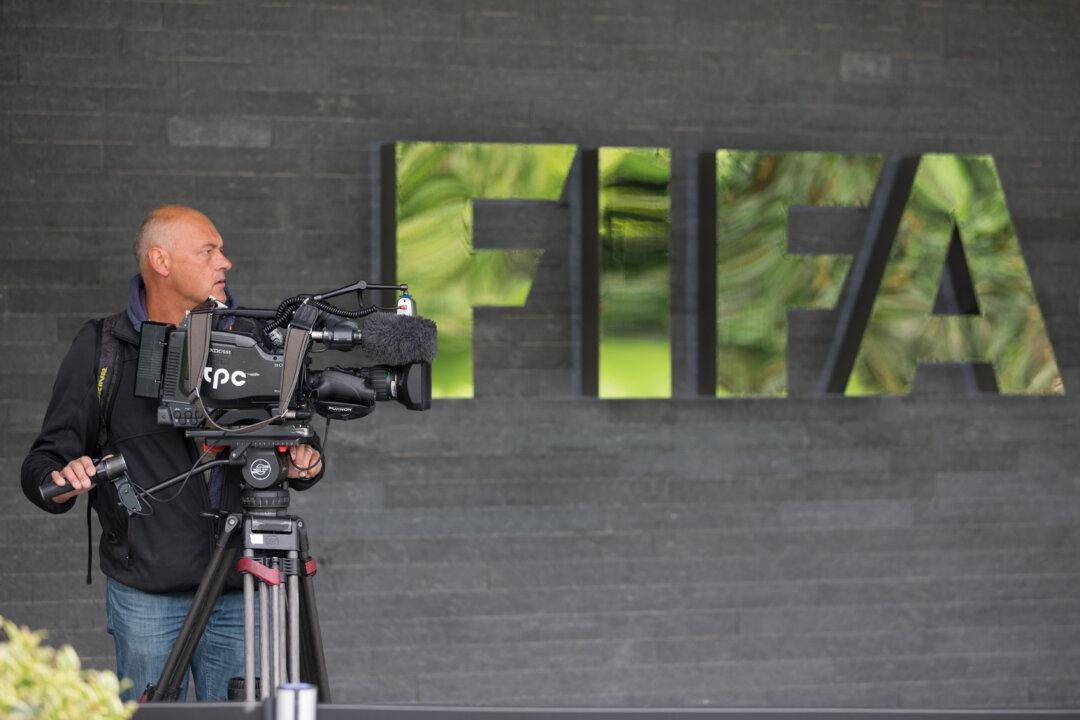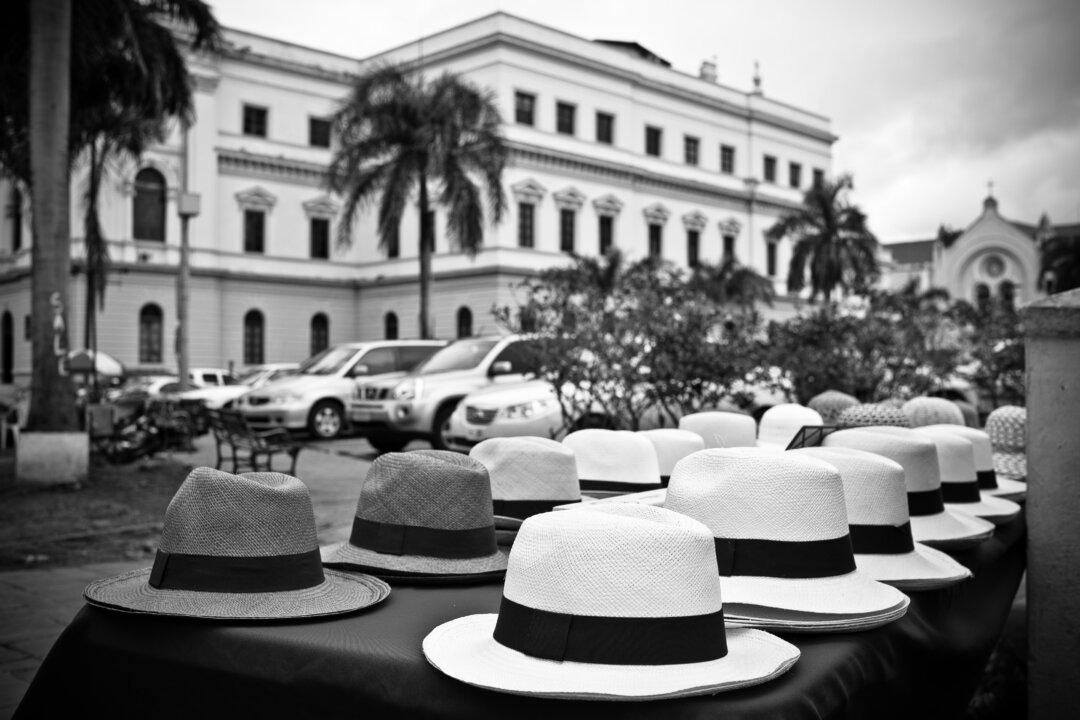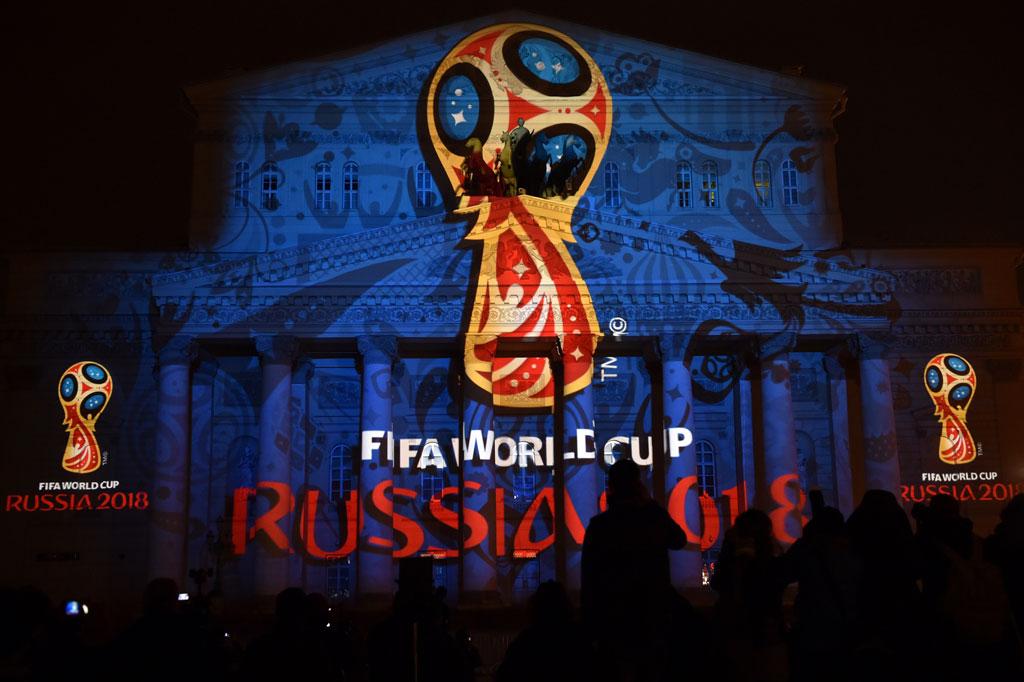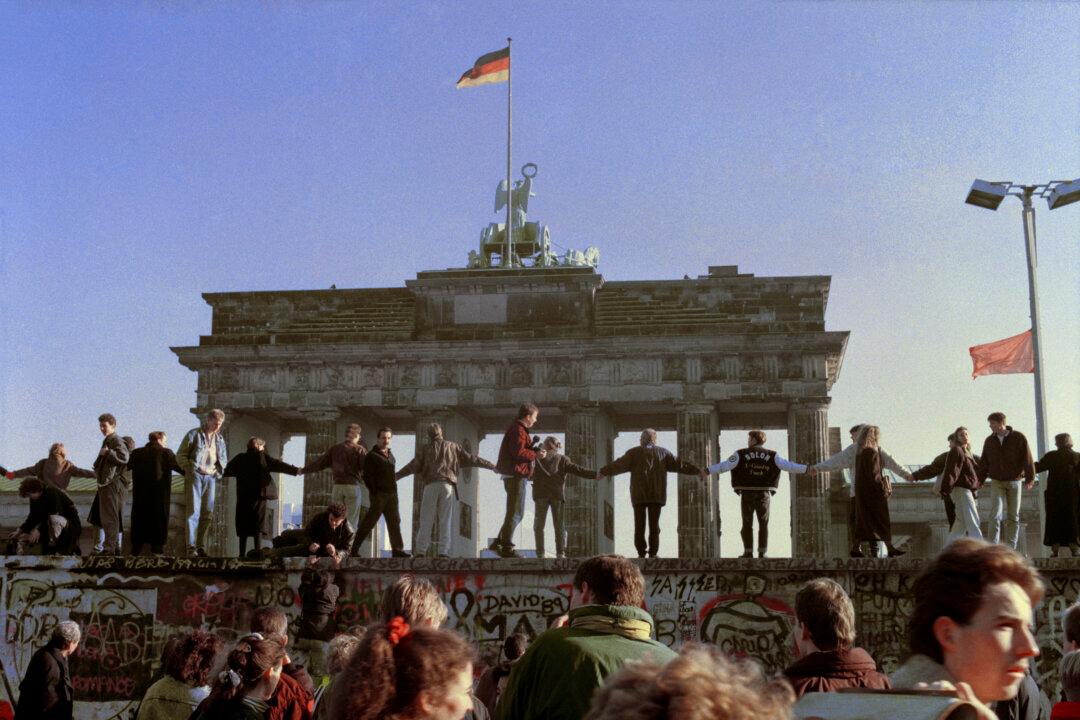FIFA’s annual meetings are normally formulaic affairs where everything happens to plan: grand speeches are held, pats on the back are summarily dished out and, most importantly, Sepp Blatter, FIFA’s president, gets what he wants. This year’s annual congress, currently taking place in Zurich, looks like being altogether different.
Early on Wednesday morning several members of FIFA’s powerful executive committee were taken from their lodgings, the salubrious Baur au Lac hotel in Zurich, and arrested with a view to being extradited to the US on corruption charges. Blatter was not arrested, and is “not involved,” said a FIFA spokesman. According to US authorities, the charges range from racketeering to money laundering and appear to largely centre round the affairs of Concacaf – one of the six regional bodies that come together to govern the world game – and how their officials dealt with marketing rights, advertising contracts and media deals surrounding a number of Concacaf tournaments.



